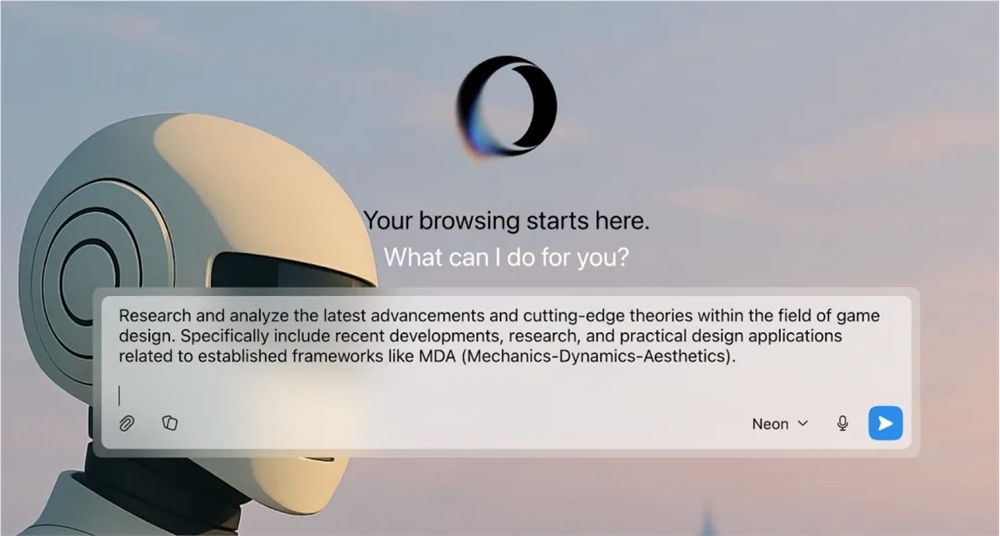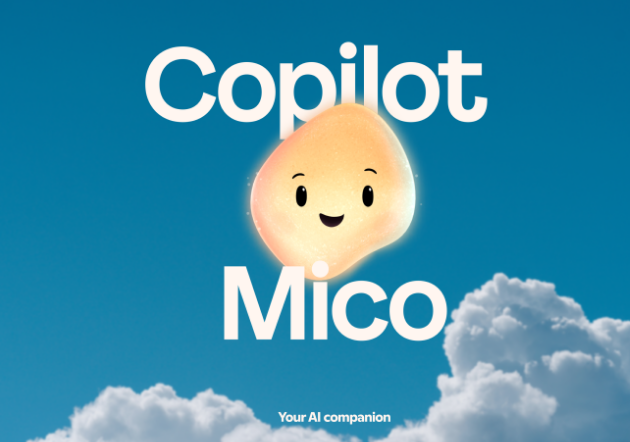Recently, the University of Hawaiʻi launched a comprehensive and systematic artificial intelligence (AI) development plan, aiming to become a leader in this field. University President Wendy Hensel stated at the board meeting on August 21 that AI will revolutionize education, research, and the workforce in Hawaiʻi.
Hensel said that the impact of AI is comparable to the invention of electricity. It is not only related to computer science but also permeates multiple fields such as agriculture, finance, and healthcare. "Every industry is already being reshaped," she emphasized. Therefore, the University of Hawaiʻi aims to equip students from all disciplines with AI skills that employers require.
Hensel also mentioned that up to 300 million jobs globally may be affected by generative AI, and 80% of the U.S. workforce is expected to see at least 10% of their tasks impacted. Meanwhile, AI could add up to $4.4 trillion in value to the global economy. These projections indicate that universities need to play an important role in responding to this rapidly changing era.
The University of Hawaiʻi will promote the development of AI in multiple areas, including curriculum, teaching methods, research, and operations. By integrating AI tools such as virtual teaching assistants and personalized learning content, the school hopes to improve the quality of education and enhance the student learning experience. In addition, the university will use AI technology to improve operational efficiency and ensure smooth service delivery.
To better advance this plan, the University of Hawaiʻi established an AI planning committee and appointed its first Academic Innovation Officer, commonly known as the "AI Czar." At the same time, the university is also establishing partnerships with companies such as Google, Microsoft, and IBM to provide professional development opportunities and other collaborative measures.
In the fall of 2025, the University of Hawaiʻi Mānoa campus will introduce new courses such as a graduate certificate in Applied Computing (AI/Data Science) and a Master's degree in Computer Science with a focus on AI/Data Science. Additionally, faculty members across all campuses will incorporate AI-related assignments into existing courses to enhance students' practical skills.
"Our mission is to lead Hawaiʻi through this transition period," Hensel said. Although this process may be unsettling, the University of Hawaiʻi is ready to seize this opportunity and actively address future challenges.
Key Points:
🌐 AI will deeply impact education and research at the University of Hawaiʻi, becoming a key direction for comprehensive and systematic development.
📈 It is estimated that 300 million jobs globally will be affected by AI, and at least 10% of the work content of 80% of the U.S. workforce will also change.
🤝 The University of Hawaiʻi collaborates with tech giants to promote AI course development and student ability training, cultivating talent needed for the future.









